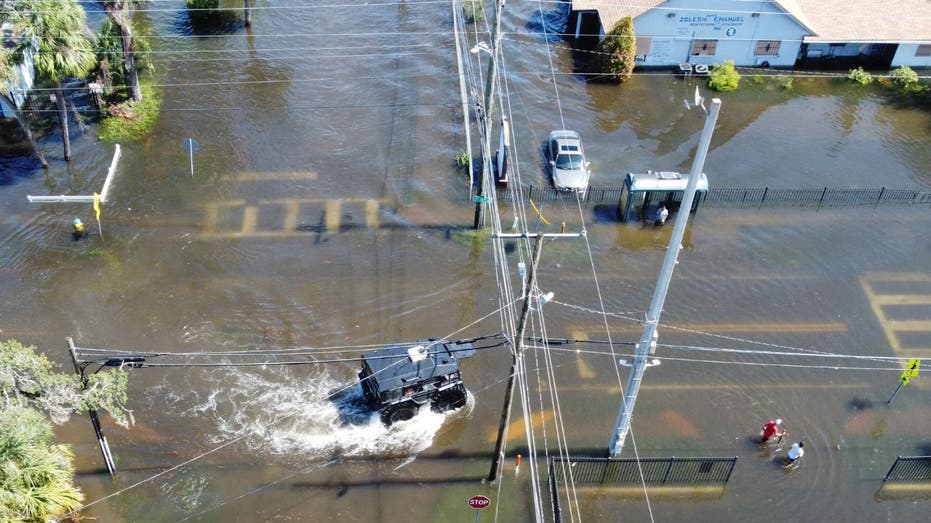The tens of millions of Americans that live in federal disaster areas are eligible for some relief from their taxes in the form of filing delays, and victims may be able to take a deduction from losses.
The Internal Revenue Service has automatically extended the filing deadline for taxpayers living in areas impacted by Hurricanes Helene and Milton to May 1, 2025, giving residents and businesses in those states and parts of states some extra time.
However, the extension is only for people in zip codes officially designated by the Federal Emergency Management Agency (FEMA) as a federal disaster area.
For Helene, that includes the entire states of Alabama, Georgia, North Carolina and South Carolina, as well as several counties in Tennessee, Virginia and Florida.
THESE ARE THE MOST COSTLY HURRICANES IN US HISTORY
But the entire state of Florida has been designated a disaster area due to Milton, so every resident qualifies for that extension.

The Sunshine State also offers hurricane victims a rebate on their property taxes. Under the property tax relief Florida signed into law following Hurricanes Ian and Nicole in 2022, homeowners may receive a prorated refund on their property taxes if a residence was rendered uninhabitable for at least 30 days by either of the deadly hurricanes.
FLORIDA SMALL BUSINESSES HAMMERED BY BACK-TO-BACK HURRICANES: ‘JUST GOING TO SAY A PRAYER’
Under federal law, victims that live in federally-designated disaster areas are also able to deduct losses that are not covered by insurance – but the details are complicated, as The Wall Street Journal points out.

Michael Shaff, an attorney at Foundation Law Group, emphasized to FOX Business that victims must live in a federally declared disaster area in order to claim a deduction on losses, and that individuals and businesses only have two years to do so.
Shaff warned, “Whatever kind of recovery you get – whether it’s from the government or from an insurance company – you have to keep an eye on how long you have to replace it, and what you can replace it with.”
Read the full article here


















